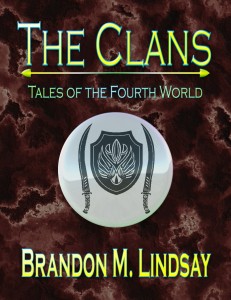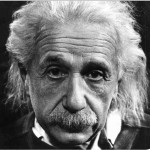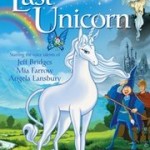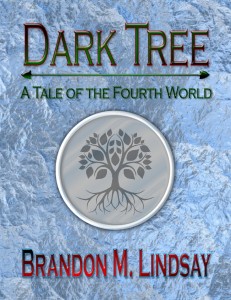I love money. I love being able to do the things I want to do without worrying if doing them will prevent me from paying my bills. I love that feeling of clarity that comes with the bank statement telling me that those setbacks that life sometimes throws at me are hardly setbacks at all.
I also love the satisfaction of a job well-done. I love raises, and promotions, and the praise of coworkers and bosses. I love having some structure to my day. In short, I love having a day job.
It’s easy to make the case that we can’t live without our day jobs. It’s even easier in such tough economic times, when it becomes clear to so many of us what not having one is like.
But I sometimes wonder: what if that was all I had? What if, on my deathbed, I realized that the greatest thing I achieved in life was middle management?
What if I had to make a choice between the comfort that a steady paycheck brought and the dreams that defined who I am?
Of course, one of the nice things about our modern society, even in its current state, is that we don’t have to make that choice. I am a writer with a day job. I am able to both pay my bills and follow my dreams. One need not be sacrificed to the other.
Yet knowing how you would answer such questions can help shape your future. Both your day job and your dreams exist in tension because they both compete for your time (what little time is left over from daily living).
It’s easy for us newer writers to frantically scramble for the top in this fast-paced new world of electronic publishing. There’s nothing wrong with that, except that it brings us the unreasonable expectation that if you’re not an immediate success, you’re an immediate failure. It’s easy to forget that there’s still the future in which we can make our mark. Writers are notoriously easy to discourage, perhaps in part because the world wants so badly to discourage us, and now we have sales rankings that can disappoint us every hour on the hour that only provide one more such opportunity.
As writers, our work doesn’t have an expiration date, especially now that the term “out-of-print” has gone the way of the dodo. But even before that was true, many writers had to wait years – decades even – before seeing an inkling of success. Yet still they persevered because they knew that without following their dreams, every other little success they achieved was but part of a greater failure. And fail, they could not. Writing was their lives. Without it, breathing was merely a countdown to death.
In taking the long view, we don’t have to answer the dilemma between day job and dream. It may be hard working two jobs, but no one said this would be easy. Patience and perseverance are job requirements; if you don’t have them, you may want to start thinking about middle management. It may make you happier.
So how would I answer this dilemma? Would I take comfort and security, a life with few surprises and few adventures? Or would I risk it all for the ultimate prize?
If you’ve read any of my fiction, you already know.
*
Help me quit my day job!
Read a ripping good yarn while you’re at it!
Today only, my epic fantasy, The Clans: Tales of the Fourth World, is free on Kindle! Click here for more details.
*
The Fourth World is ending. Brother Willfonde, the man destined to save it, is dead. Yet he left behind six clues-one historical text from each clan-in the hope that someone could finish what he started. Or so it is believed.
Led by a novice named Kularro, a group of young geniuses is tasked to find what the Magisters of the Church of the Overarch could not: an answer to the riddle of Willfonde’s six texts. Will they be able to find a way to save their world? Or is Willfonde’s final message one of despair?





